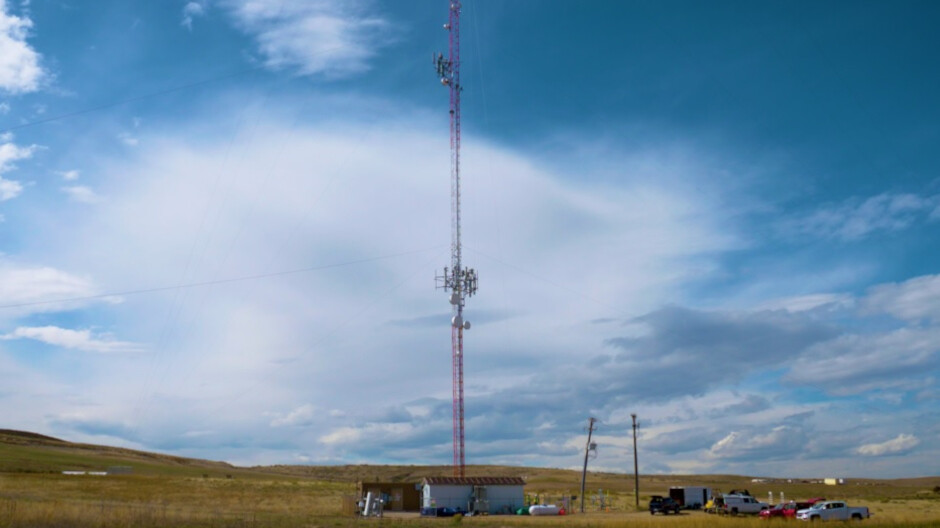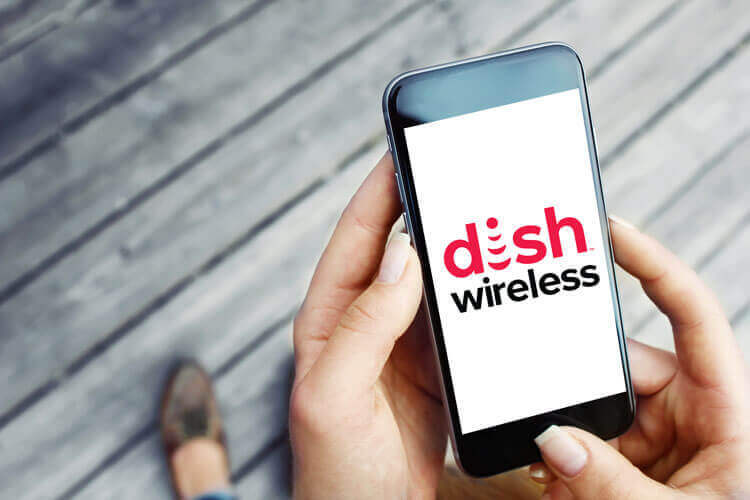Dish Network has yet to make a splash in wireless even though it is supposed to replace Sprint as the nation’s fourth-largest carrier. That was the deal that was made by T-Mobile and Sprint that allowed the former to acquire the latter. Because the loss of Sprint reduced the number of major U.S. carriers by 25%, the FCC wanted a new company to become the “fourth nationwide facilities-based network competitor,” and that title goes to Dish.
Dish and T-Mobile break up after T-Mobile turns off Sprint’s 3G CDMA network two years earlier than promised
Dish bought Sprint’s prepaid operations and customers including Boost Mobile, Virgin Mobile, and Sprint’s own prepaid business. These operations provided Dish with 9.3 million subscribers in all 50 states and Puerto Rico. 400 employees and 7,500 retail stores were transferred over to Dish. The latter signed a seven-year MVNO deal with T-Mobile thus allowing it to sell wireless service under the Dish name without owning its own network.
Most of Dish’s wireless customers are subscribed to Boost Mobile via its prepaid wireless business. Dish has been growing wireless subscribers on a gross basis which one analyst sees as a positive. William Ho, principal at 556 Ventures, says, “There are losses, but it’s less. You kind of offset churn by increasing gross adds,” which typically require a lot of promotional activity and expenditures.”
Dish has lost retail subscribers from its wireless business every quarter since it started operations and Ho expects to see more of the same during the current quarter, the fourth in 2021. One of Dish’s main competitors is T-Mobile’s prepaid business which is in the middle of an aggressive promotion at Walmart.
Things could change for the better once Dish finishes building out the nation’s first cloud-native, Open RAN-based 5G broadband network. The build-out is taking place in over 40 markets in the country. Open RAN (Radio Access Network) supports interoperation between equipment from different vendors. The goal is to build a flexible 5G network at a lower cost and speed up time to market.
Dish shares take it on the chin after the report is issued
You might recall that back in August 2020, Dish bought Ting Mobile which included 200,000 Ting subscribers. A little more than half a year later, Dish brought Republic Wireless and its 200,000 subscribers into the fold.
Dish investors were not happy with the report and investors spent the day dumping it. The shares lost nearly 14% in value after the report was released, losing $6.01 to close at $37.08. As it turns out, the wireless business might not have had anything to do with the decline in the company’s shares. Pay-TV subscribers, which had risen by 116,000 during last year’s third quarter, declined by 13,000 this year.


